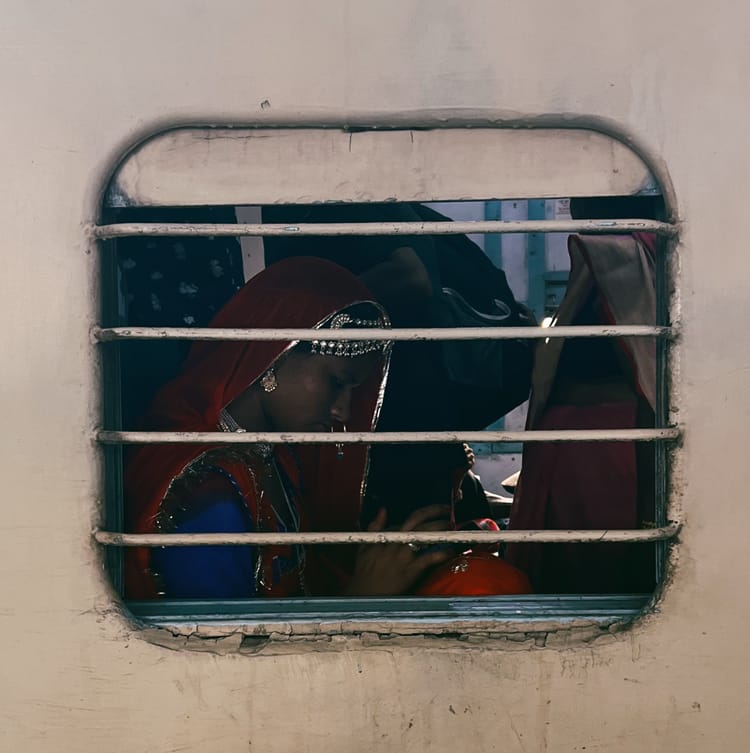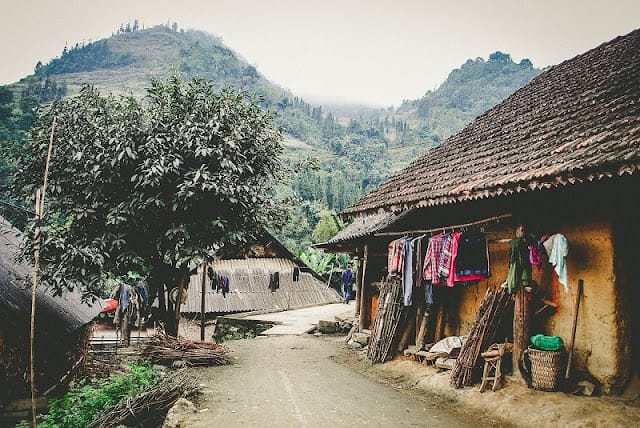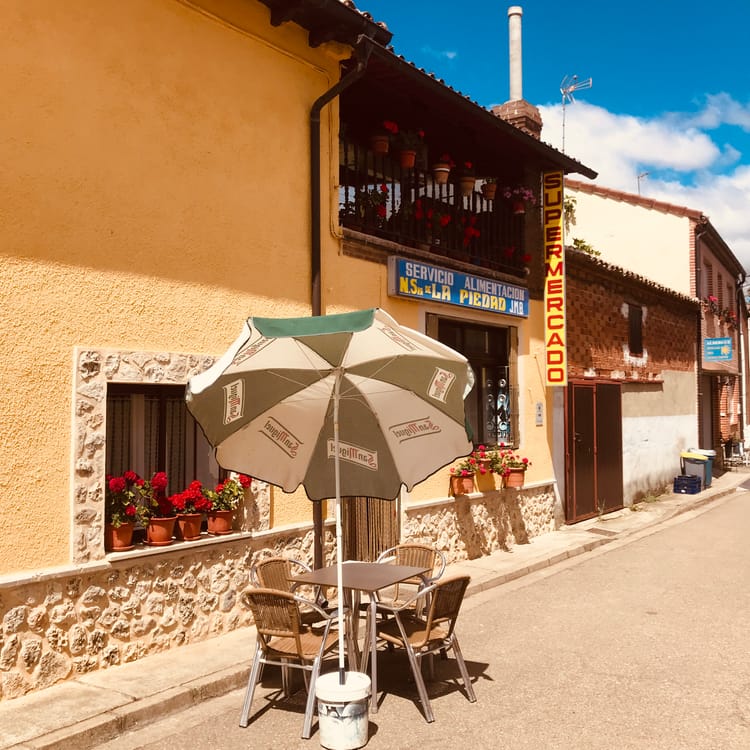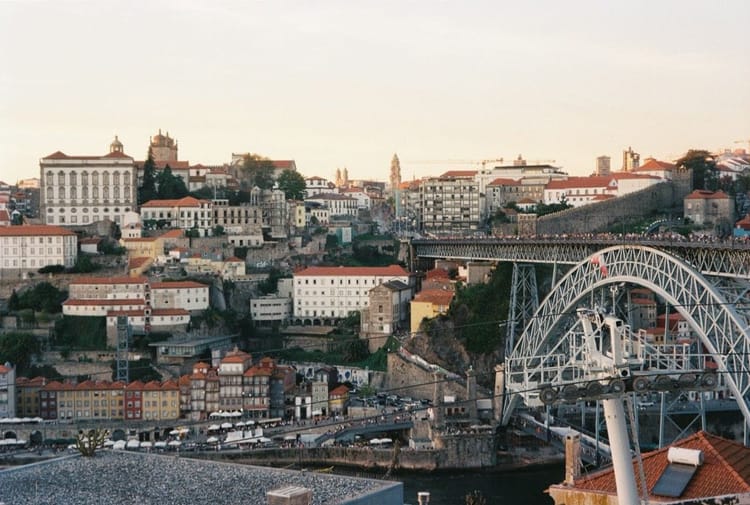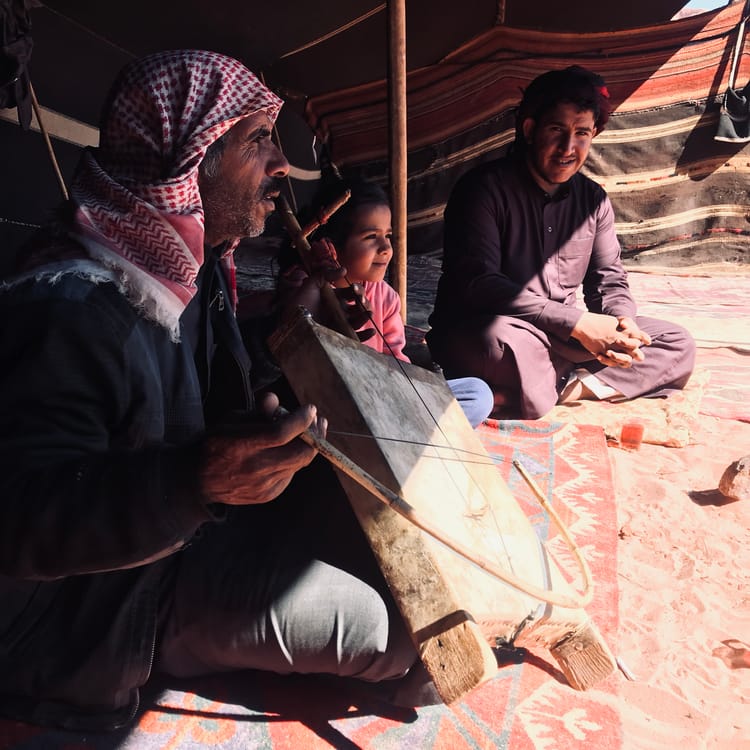The Wannas Way: Afternoons by the Nile
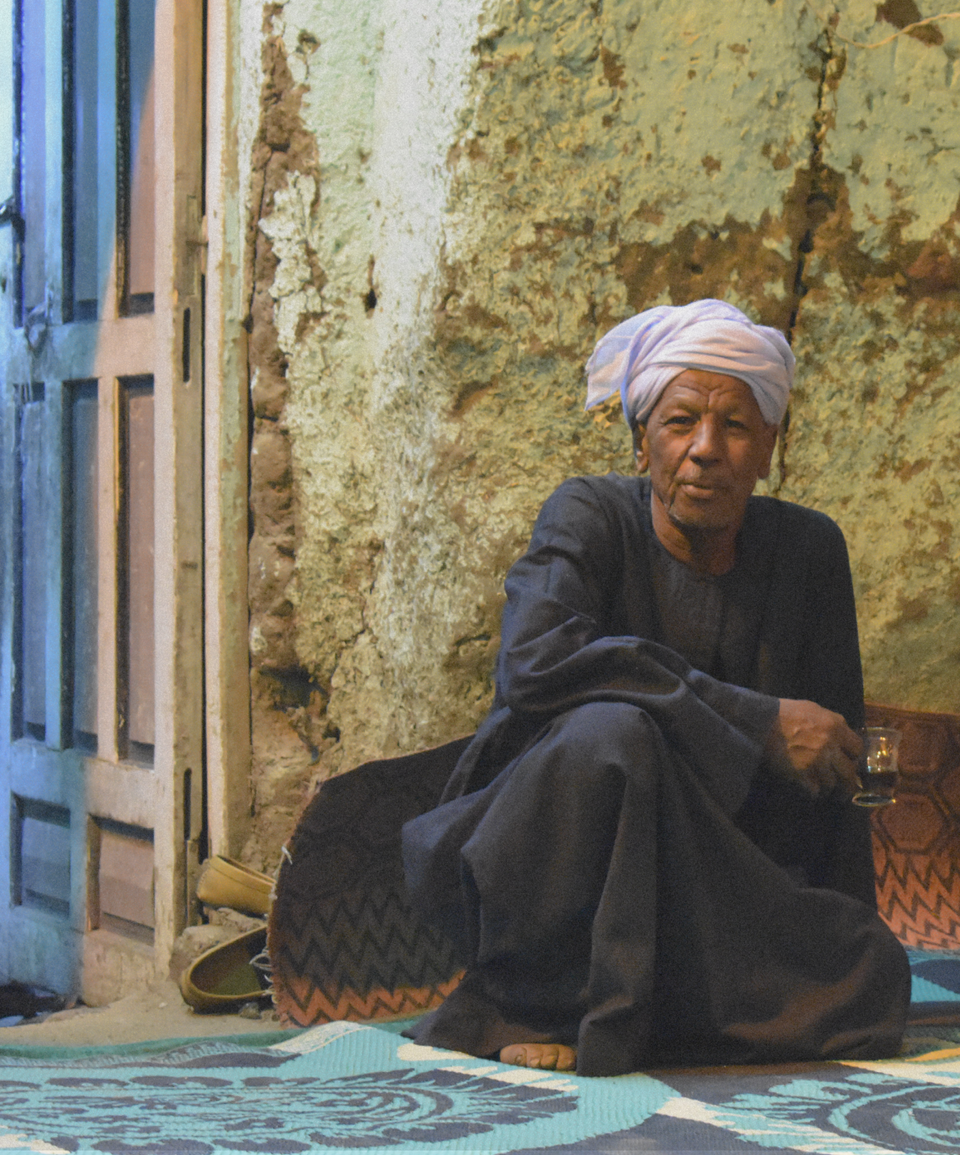
I read the Koran as the Nubian sun began its 12-hour descent into the mythos of the ancient Egyptian underworld, and the hash smoke coiled gently away from Sayed's fingertips.
We drank hibiscus tea, playing backgammon outside his art gallery, candidly discussing Islam, art, burqas, Sufi poetry, and the mysteries of Upper Egypt.
Each night, after sunset, the Mosque wails signaled the breaking of the Ramadan fast, and instantly, the table was obscured by a series of feverish brown fingers, relenting only to light cigarettes and scroll through Instagram, where Egyptian girls in hijabs stared out at you with a look of culturally restrained defiance.
Sayed explained, between the falafels and the motorbike rides through his village at the edge of the desert, that we were enjoying Wannas. A colloquial Arabic word for a connection, a getting-to-know-each-other - an exchange of ideas.
It was the eternal Nubian way, the long sunburnt afternoons, the smooth North African hashish, the Arabic coffee, and the endlessly philosophical conversations. Eating dates under the shade of trees that were, in that environment, more tangibly sacred spaces than any human-contrived temple.
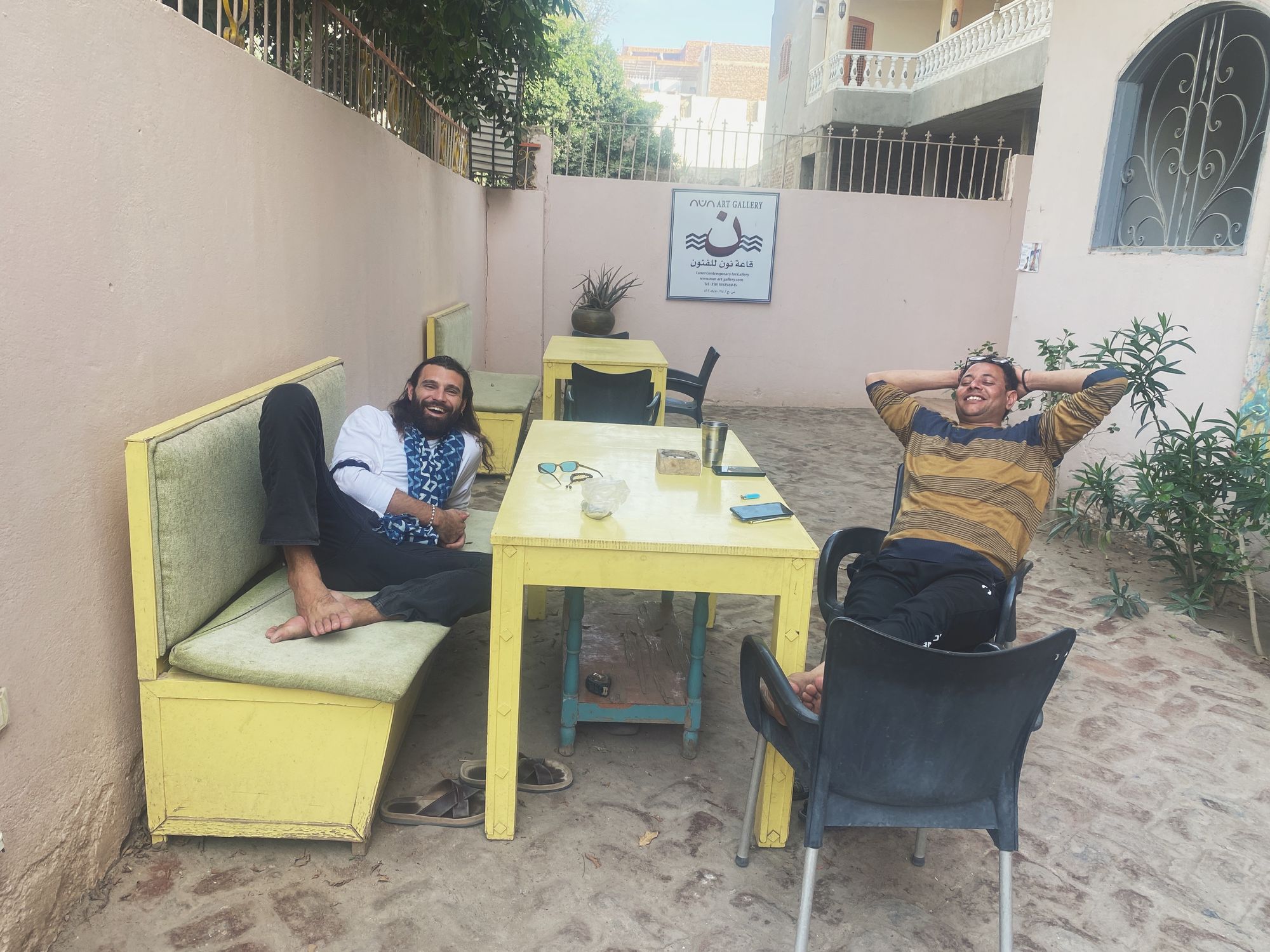
And, like the sun being swallowed every evening into the womb of the primeval Egyptian goddess Nut, I was seduced by the barefoot evening rhythms that seemed to unexpectedly merge perfectly with the psychedelic Cumbia, as one after the other, a cacophony of old friends dropped by to talk, smoke, drink, and pass the evening hours away at Sayed's little oasis.
When the girls arrived in Luxor a week later, our Wannas was underway. I was now a regular fixture at the Ramadan feasts, and despite the wailing, no one would break their fast without me.
My days had consisted of working until 3 pm and then meandering through the back streets to the cafe where I'd find Sayed sitting pensively among the cats on a bench in that sandy street smoking.
Eternally smoking.
"Hayy Brothhhurr," he'd slur, slapping my hand cooly and offering me a coffee before screaming to Mahmoud, his kitchen hand, to get up and make me one.
We'd eventually move to the cafe courtyard, and here we'd sit until midnight, laughing, talking, smoking, sharing music, sharing our worlds. On those nights, we listened to everything from Reggae to Haitian dancing music while Sayed showed me videos of Sufi "whirling" prayer gatherings, my fasciation culminating in him taking me to one in an ancient cemetery next to the Valley of the Kings, where the men welcomed me like a brother, their prodigal son who'd returned from years along the spice route with shoulder length hair and an earring, and the young boys curiously shook my hands and tried to steal my jewelry.

Seeing a living, undulating, vibrant Sufism touched me. It was the Sufism of Rumi, Hafez, and Omar Khayyam. The ecstasy, the pure joy on the faces of these simple villagers as their "bodies are moving, but the mind is gone," as one of the men succinctly put it. If that isn't a connection with the mystery, the divine moving through the soul, god incarnate, then I don't know what is.
They were conduits of the sublime. Receiving and transmitting something as they moved that I certainly wasn't.
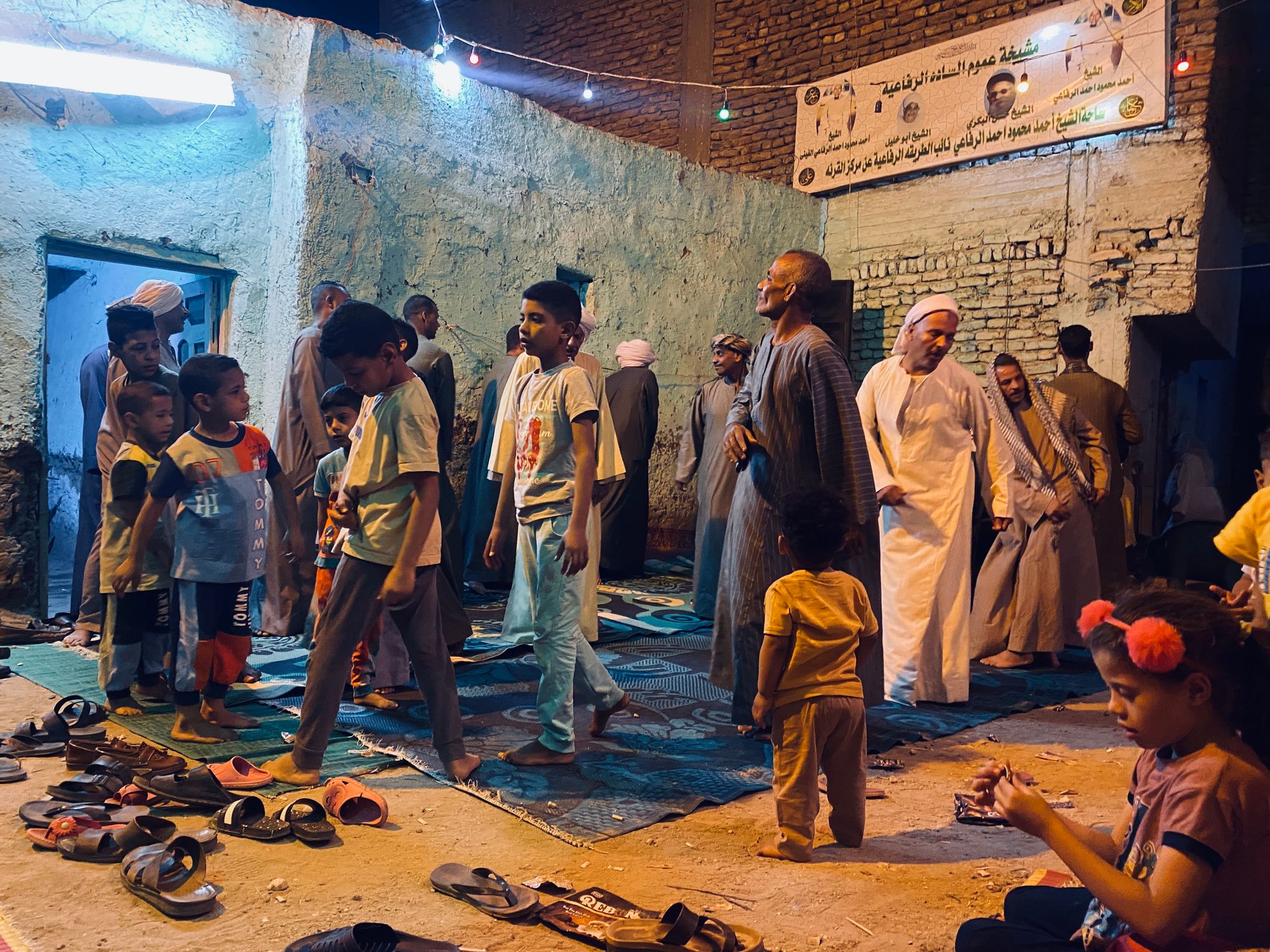
Another night, we drove through the fertile Nile floodbank until we reached a clearing by a creek where hundreds of locals had gathered for a wedding. The men drank tea and wine, smoking incessantly while they performed an ancient combat ritual using sticks that seemed a curious combination of Shaolin sword style and ballet.
We were blown away. Transfixed as we watched 70-year-old men move in the dusty "arena" joyously like gazelles to the rhythm of an Oud and Darbouka drums while their wives and daughters sat separately cooking and talking - most likely rolling their eyes at the madness.
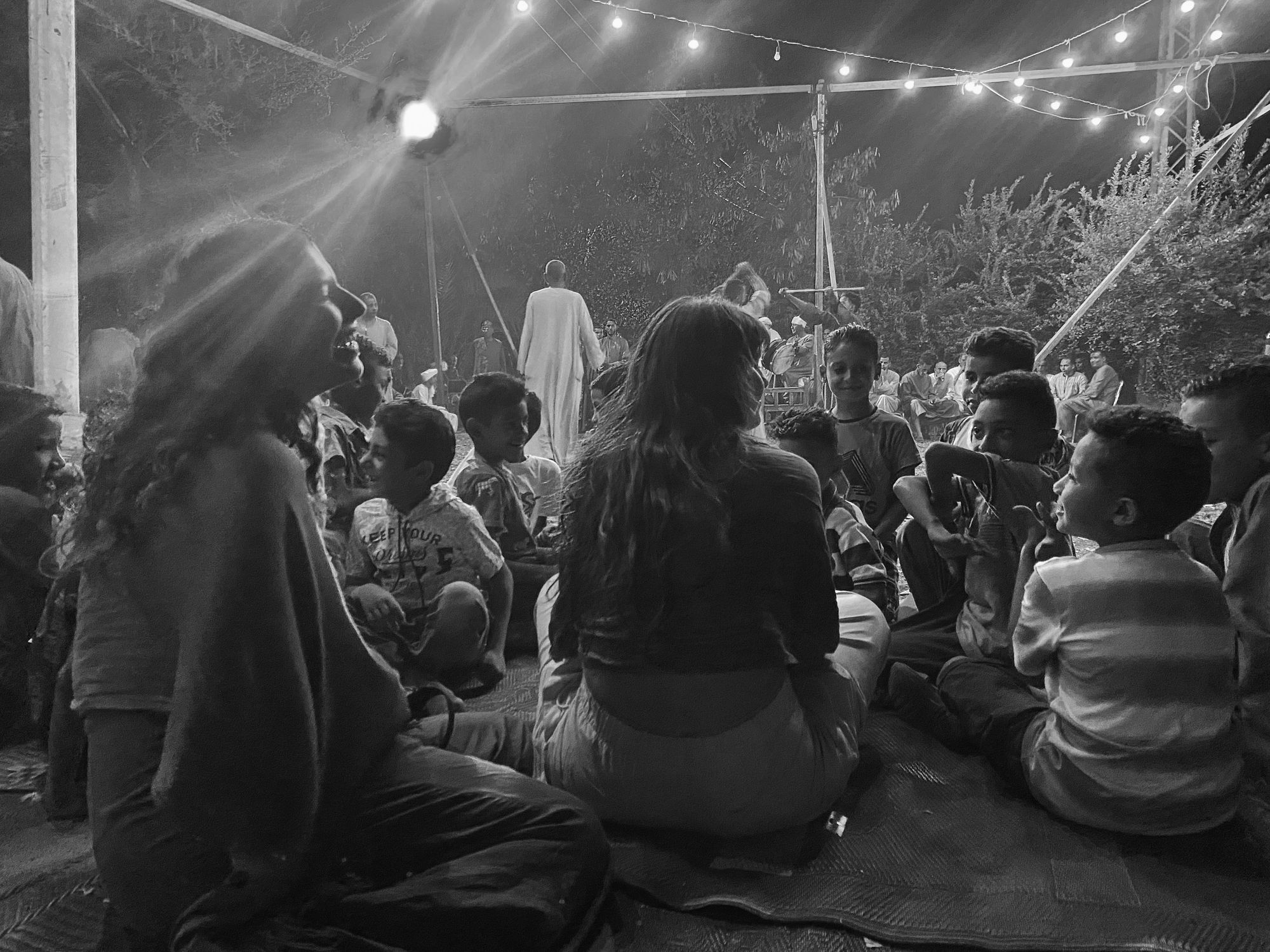
On these nights, what struck me most was the softness of the people. Their generosity of spirit. The sincerity of the word "welcome," which is so often vacuously expressed in English. Their simple, direct, gentle manners and hospitality.
Tea was always offered, blessings were always given, guest was God.
Sayed gifted me a glimpse of the ancient pulse of a people far away from the alabaster shops, the museums, and Luxor tourist traps.
He was the bridge between my world and the world of donkey herding, rickshaw driving villagers stoned on Allah and opium. The fathers, farmers, storeowners, holy men - the pillars of the local communities. The unfathomable generations of people who've harvested those fields as ancient dynasties rose and fell by that monumental river. The people you only see in documentaries and read about in folklore tales. The phenotype that constructed the tombs and temples of a civilization that still transcends comprehension. The faces in the street that you can't truly connect with outside of your buffer.
To me, he exemplified all that is good and pure about true Islam and the Arabic language. About humanity. The graciousness, the brotherly universal love, and respect for all peoples, the hunger for the mystery, a refusal to defame and trivialize it with projections, but simply to accept the wonder of reality and the willingness to share his religion and culture unabashedly with a curious traveler.
Those afternoons with him will always be tinged with a warmish hue, a special place in my heart.
They are a reminder of the gentleness of experience, the spontaneous beauty in connecting, the universality of art and music, their ability to form bonds and destroy barriers, and the singular human thread binding cultural motives.
A reminder of the Wannas way.

